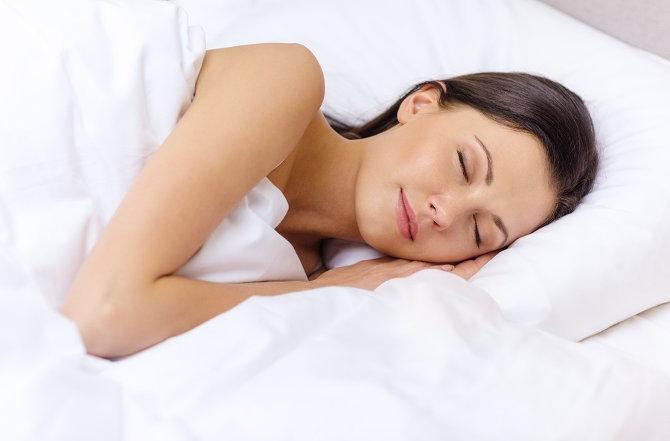By Derek Henry, Holistic Health Coach for Healing the Body
We all crave that special place where we could sleep through almost anything and wake up feeling happy and rejuvenated. Unfortunately, those days for some of us are long gone and we haven’t had a good night’s rest for what seems like forever. Incorporate these five things and you may very well see that all change for the better.






